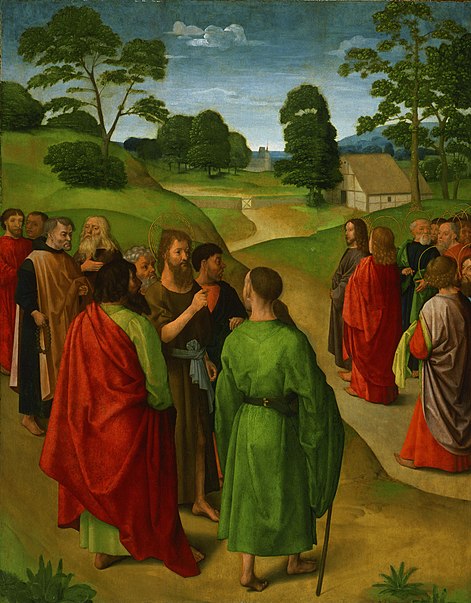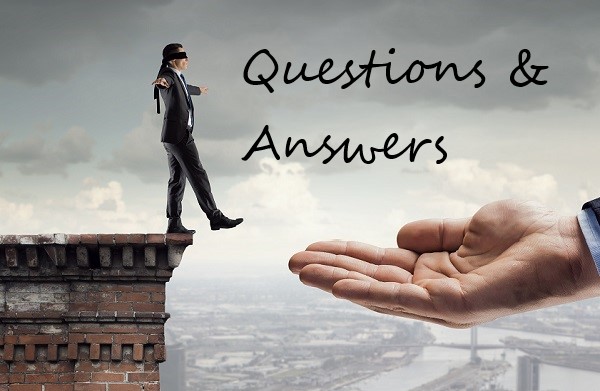Coming together for a meal to remember a special lamb
Tonight we come together for remembering what Jesus has done for each of us.
During Jesus’s last days on earth, he new calamity was approaching. First he wanted to start the Festival of unleavened bread with his closest friends. He was very well aware of the meaning of that remembrance day every Jew had to ‘celebrate’. It was a God given festival he also wanted to keep with his closest friends.therefore he came together to have that evening meal with his apostles and the ones dear to his heart. Though for him it was not only to remember bloodshed of the lambs in Egypt and the passover of the messengers of God so that the People of God could leave Egypt and in this way could leave slavery from man behind.
Now Jesus wanted to get his friends to know his end was near, but that he would offer himself as a fresh lamb for God, giving his body, his flesh and blood, to sign a New Covenant with God.
Tonight we think of that Last Supper and read in the Scriptures what went on later in the night and the next hours when the sun had come up and before it became dark again.
We shall come to read what happened in the upper room and how Jesus took the bread and wine as symbols for his bloodshed a few hours later.
We shall also come to read what happened in the garden of olives and see what an agony went on in Jesus heart. The fear in him was great, and therefore he asked God to release him from the great tragedy that was in his path. But, he had sufficient faith to finish the prayer with,
“not my will, but yours”,
trusting God with his eternal fate.
We are expected to have Jesus type of faith, trusting God even unto death, this is how we save our eternal life. If we love our physical life too much, being afraid to die, then we risk losing our eternal life. We must learn to trust God completely, knowing he chooses when we slip into the beyond.
Jesus as a man of flesh and blood could really die. God is the only One Who cannot die. But Jesus like us was a mortal who had to trust the promise of God. Doing God His Will, he gave himself as a ransom for our sins. He died at the stake and was put in a grave. But we shall read also how after three days in hell (the grave) Jesus was taken out of the dead, as an example for what can happen also to us.
All those events we shall remember tonight, are of such importance that they may be part of the most important days of our Christian church year.
++
Additional reading
- Actions to be a reflection of openness of heart
- Solution for Willing hearts filled with gifts
- Commentary on Parashat Tazria
- 9 Adar and bickering or loving followers of the Torah preparing for Pesach
- Purification and perfection
- Shabbat HaGadol in preparation for Pesach
- Symptom of tzara’at a white spot on the flesh
- Search for any remnant of chametz
- Thinking about fear for the Loving God and an Invitation for 14 Nisan
- A meal as a mitzvah so that every generation would remember
- Torah Portion – Pesach B
- Observance of a day to Remember
- Celebrations pointing to events of ultimate meaning
- This day shall be unto you for a memorial and you shall keep it a feast to the Most High God
- Able to celebrate the Passover in all of its prophetic fulfilment
- A great evening and special days to look forward in 2019
- Most important day in Christian year
- Lost senses or a clear focus on the one at the stake
- Worthy partakers of the body of Christ
- 1691 years ago on June the 20th in 325
- Peter Cottontail and a Bunny laying Eastereggs
+++
Further related
- April 18, 2019 Maundy Thursday-The Lord of Life, Given for Us -Luke 22:7-23
- Maundy Thursday
- Maundy Thursday – Breaking the New Commandment
- Bridget of Kildare: “Thy most worthy Passion”
- Last Day on Earth
- INRI Appam
- Christ-Defining Moment (Sermon)
- 14. Nisan Abendmahl Gedächtnismahl Todestag Jesus Christus
- The Date of Christ’s Dead; Catholics Got It Right?
- The Silence of the Tomb

 Like Jesus offered himself as a
Like Jesus offered himself as a 


















 Bijbelvorsers Webs
Bijbelvorsers Webs Belgische Vrije Christadelphians / Belgian Free Christadelphians – Old Google Main Website
Belgische Vrije Christadelphians / Belgian Free Christadelphians – Old Google Main Website Christadelphian Ecclesia
Christadelphian Ecclesia Hoop tot Leven – Redding in Christus
Hoop tot Leven – Redding in Christus
Recent Comments